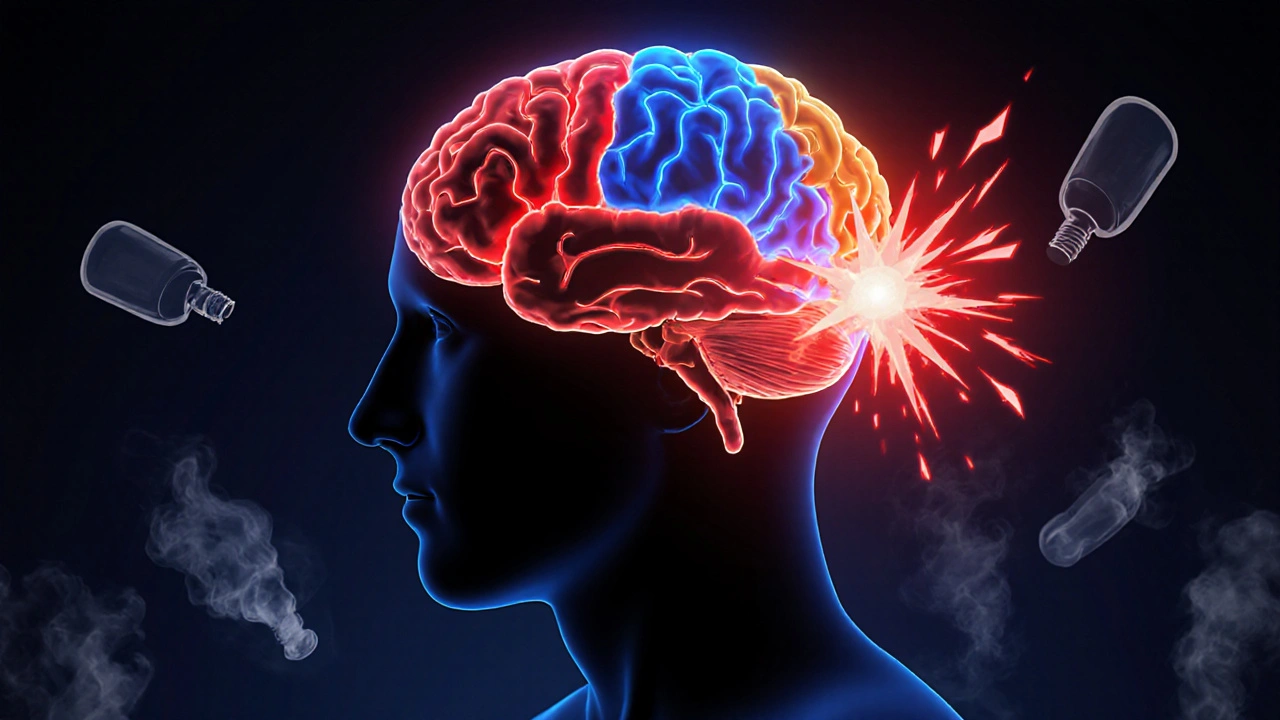Acamprosate: What It Is, How It Helps with Alcohol Dependence, and What You Need to Know
When someone stops drinking alcohol, the brain doesn’t instantly reset. That’s where acamprosate, a medication used to help maintain abstinence in people recovering from alcohol dependence. Also known as calcium acetylhomotaurinate, it doesn’t reduce cravings like some other drugs—it helps stabilize brain chemistry after withdrawal. Unlike naltrexone or disulfiram, acamprosate doesn’t make you sick if you drink. Instead, it targets the overactive glutamate system that kicks in after heavy drinking stops, reducing the anxiety, restlessness, and insomnia that often lead to relapse.
Acamprosate works best when combined with counseling or support groups. It’s not a cure, but it gives your brain time to heal. People who’ve been sober for a few days to a week usually start taking it. It’s taken three times a day, with or without food, and most users stick with it for at least six months. Studies show it improves long-term sobriety rates—especially when people are motivated and have a solid support system. You won’t feel a high or a buzz from it. That’s the point. It’s not about feeling better right away; it’s about staying steady when the urge to drink creeps back.
It’s not for everyone. If you have severe kidney problems, your doctor won’t prescribe it. And it won’t help if you’re still drinking daily. But for those who’ve quit and are struggling with the quiet aftermath—sleepless nights, constant stress, the feeling that something’s off—acamprosate can be a quiet lifeline. It’s one of the few medications that targets the brain’s long-term rewiring after alcohol use, not just the immediate symptoms.
You’ll find posts here that compare acamprosate to other treatments, explain how it fits into recovery plans, and share real stories from people who used it. Some look at how it pairs with therapy. Others break down side effects like diarrhea or weight changes. There’s even a guide on how to stay consistent with daily doses when motivation dips. This isn’t a list of drug ads—it’s a collection of practical, no-fluff insights from people who’ve been there.
Whether you’re considering acamprosate, supporting someone who is, or just trying to understand how addiction treatment really works, what follows is a curated set of clear, evidence-based guides—not opinions, not hype, just facts you can use.
Medications for Alcohol Use Disorder and the Hidden Risk of Relapse
Medications like naltrexone, acamprosate, and disulfiram can help reduce relapse in alcohol use disorder-but only if taken correctly. Mixing them with alcohol can undo progress and increase danger.
Read more
